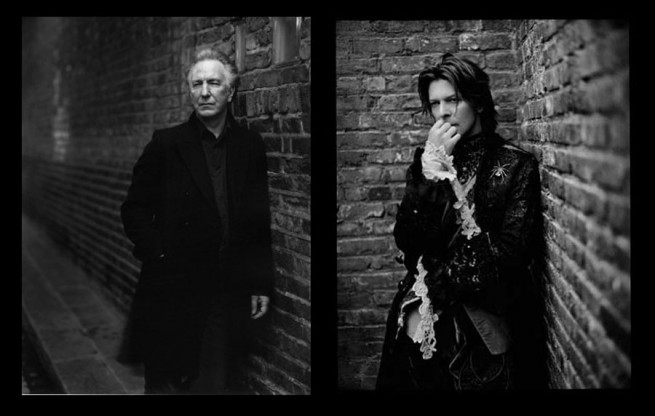Art is a truly odd thing.
A couple of years ago, my grandfather died suddenly. It was unexpected (what death isn’t?), occurred immediately following the holidays, and was followed up by my dog falling terminally ill. It was a rough week, to say the least, and a hell of a way to have started a new year. The night I was given the news, I asked my girlfriend to just “let me be” for a few hours. I popped in a copy of Kurosawa’s Ikiru, and watched it alone, and then followed that up with Umberto D. the following evening…
It’s a funny thing, when you want to be alone, and you put on a movie or a song, and someone’s voice tells you exactly how you’re feeling; or someone else’s journey reinforces how you feel. And that person is someone you’ve never met, and yet there they are…feeling your feelings and speaking your thoughts.
Art is what you turn to when you want to be alone, and the artists are the people who are there not when no one else is, but they’re who you turn to when you want no one else to be there. They give a face to our most intimate experiences.
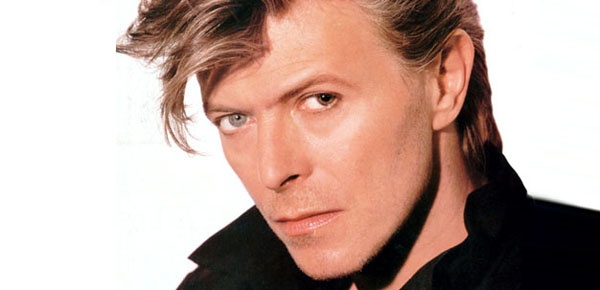
The opening weeks of 2016 have been rough as well, if not as intimately so. Last week, we first lost David Bowie, a man who’d been battling cancer for the past year-and-a-half, and whose output in the first decade of the 21st Century makes us wish he’d been working a bit more during that time. I can’t claim to be a Bowie purist, nor even to be his biggest fan, but I know exactly how an artist’s death can have true impact. And David Bowie is one of those artists who not only made being weird chic, he made it strong.
His style directly influenced pop and glam culture for the better part of a decade, and the impact of that would be felt throughout the 1980’s (to truly imagine the impact of his Ziggy Stardust, and Aladdin Sane, personas, go watch Velvet Goldmine.) For his most ardent fans, he was the leader when it came to being otherworldly, larger-than-life, and embracing that bizarre side we all have.
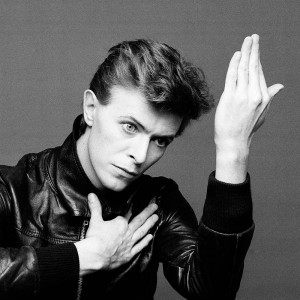
Me, though? I first listened to David Bowie in college (appropriately). I had iTunes back then, and that meant that I could listen to — and share — music from any other iTunes account in range of my dorm. Some blessed soul (I never did find out whom) had over a week’s worth of classic rock, alt pop, and modern indie rock. It was during that time, during the later months of 2004, that I first listened to The Rise and Fall of Ziggy Stardust and the Spiders from Mars. I listened to the whole album beginning to end. Then I listened to it again.
It’s passe, I know. College kid. Classic rock. The “discovery” of this alien, bizarre sound. What a cliche. But it stuck with me. And it reshaped how I viewed music as being: here was a performing performing as a different person, a different being…hell, a different species…and taking his listeners on a journey. And for that first listening, I was that one fellow traveler with him.
It would be about two or three years later I’d watch Bowie in his first starring role, The Man Who Fell To Earth. Now here was something just as up my alley: a truly alien looking figure playing an alien playing a human. If ever a role was more perfectly cast…
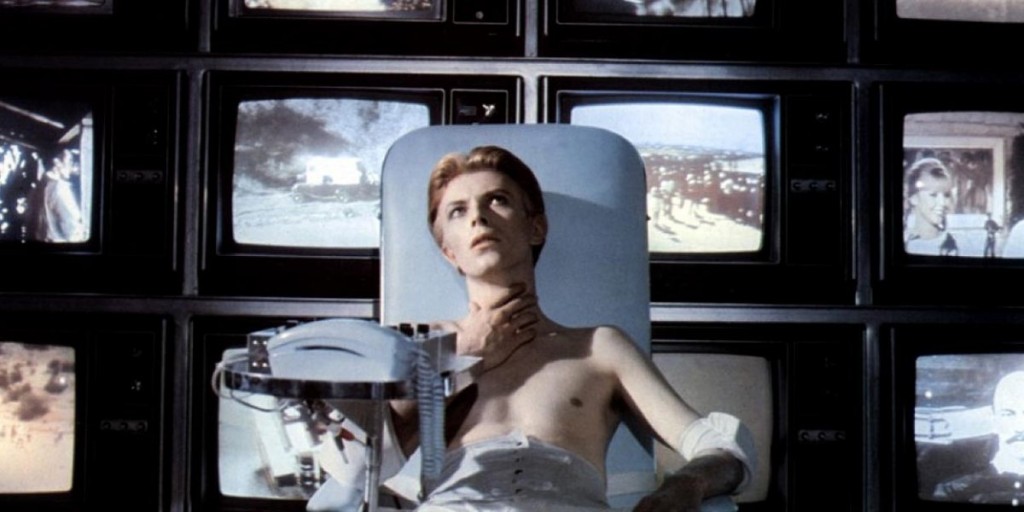
But like I wrote above, art is a truly odd thing. For my sister, she remembers Bowie as the Goblin King from Labyrinth. My parents remember his glam phase, and how “Space Oddity” encapsulated the excitement of discovery during one of the world’s most monumental events. For me? He’s always hilariously bad-ass as the Sovereign from The Venture Brothers (what better way to pay homage to the man than to have him star as a shape-shifting, be-suited ass-kicker beating up Iggy Pop?), but he’s always been Thomas Jerome Newton to me.
Bowie’s presence in The Man Who Fell To Earth is a perfect reflection of the act of creation, the almost overwhelming burden of genius (and accomplishment), and the dangers of banality. Here he plays a man no one understands, and who he himself fails to understand (it is an understatement to say Jerome is a stranger in a strange land). A man so bizarrely alien and other-worldly, commanding an empire with such indifference, and failing to actualize his own potential.
This film, more than his music, is what I think of when I think of Bowie; for me, it is something to which I can relate. My memories of sitting up, late at night at college, and listening to this alien sound is immediately complimented by my memories of sitting up, watching a science-fiction film about the act of creating, and being consumed by one’s creations, and watching a truly alien-looking man be so natural in the role.
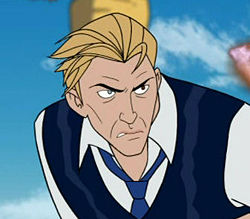
Other venues have written much more about the man…much more eloquently, as well…but I could only just say, Thank you. Thanks for the memories, the music, the weirdness, and not giving a crap what others thought, and inspiring generations to tap into their weird groove, and run with it.
If David Bowie were the only artist to pass in 2016 (or in January. Or in the same week. At the same age. From the same cause…), it would have been rough enough. But four days after Bowie’s passing, Alan Rickman passed away from pancreatic cancer. His was a bit more shocking, as I, for one, was unaware he was even ill. And his hit much closer to me as I am much, much more familiar with his work.
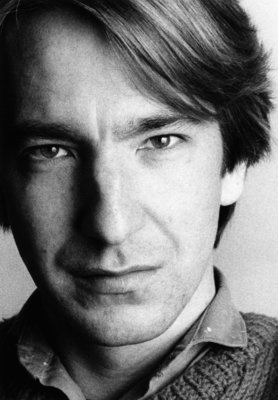
For the generation after mine, Alan Rickman will always be Severus Snape from the Harry Potter films. For others, he’ll forever be the classiest terrorist/thief Hans Gruber in the first Die Hard. For me, though, his role as Sir Alexander Dane/ Dr. Lazarus in Galaxy Quest brings to me a better understanding of the sometimes insufferable sacrifices artists — particularly, actors — make for their fans.
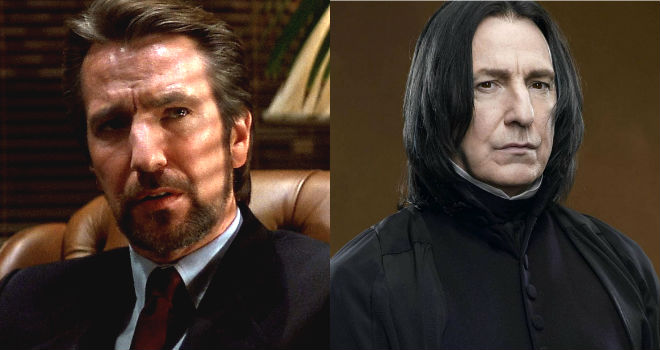
In that role, Rickman plays an actor trapped replaying (ad infinitum) the same role which made him famous. I imagine Leonard Nimoy related to that performance (which was directly based off of Mr. Nimoy’s resentment of endlessly being associated with Spock), and, following the success of the Harry Potter series, it would have been odd for Mr. Rickman himself to rewatch his performance therein and see that theme play out again in real life.
The Dr. Lazarus role would no doubt come to be increasingly prescient as Mr. Rickman became synonymous with the Potter series; but that is the point of that character. The Dr. Lazarus character inspired others (at least within the universe of Galaxy Quest) to fight for their survival, and to stand up for themselves, and eventually came to embrace his own influence as well.
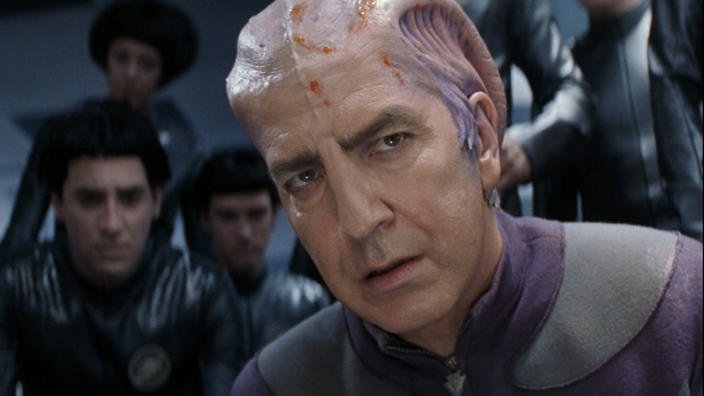
To me, that’s my most favorite role of his, because that’s what all actors and artists do: without knowing it, they become the face of hope. They become the friend to whom we can relate. They become the inspiration to do what’s right, and to be better than what we think we can be. Yes, they entertain, but in doing that, they also show us why what they do matters, why having fun and enjoying ourselves matter, and how learning about ourselves, and enjoying ourselves, can sometimes be the same thing. And they should be the same thing.
Artists always outlive their bodies. Bowie left us with his music and his films — and with Blackstar (an album released 2 days before his death; but, posthumously, Bowie’s first ever #1 album) — Rickman left us with his iconic film roles, an upcoming role in Alice Through The Looking Glass, and one of the most soothing voices in modern film. That he didn’t even begin his film career until he was well into his 40’s (well after most others would have given up any hopes of being an actor) is inspiring in and of itself.
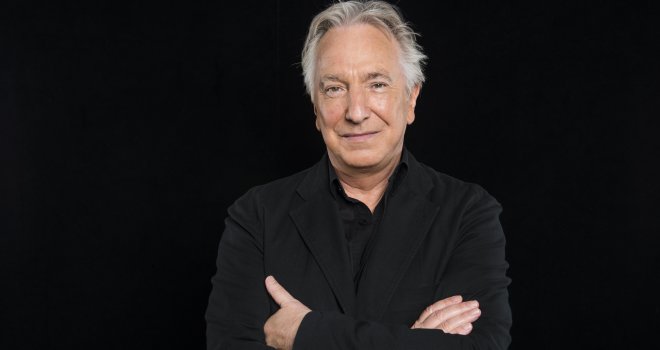
Art is an inspiration. It is a promise, and it is a challenge. And sometimes it’s nothing more than a companion late at night, listening to an album about an alien come to Earth. Sometimes it’s about an actor playing an actor playing an alien who learns he’s more than he ever imagined himself to be. And sometimes it’s something as simple as a film keeping you company after a loss.

Sometimes art…and artists…are everything. Thank you, to the both of you.
